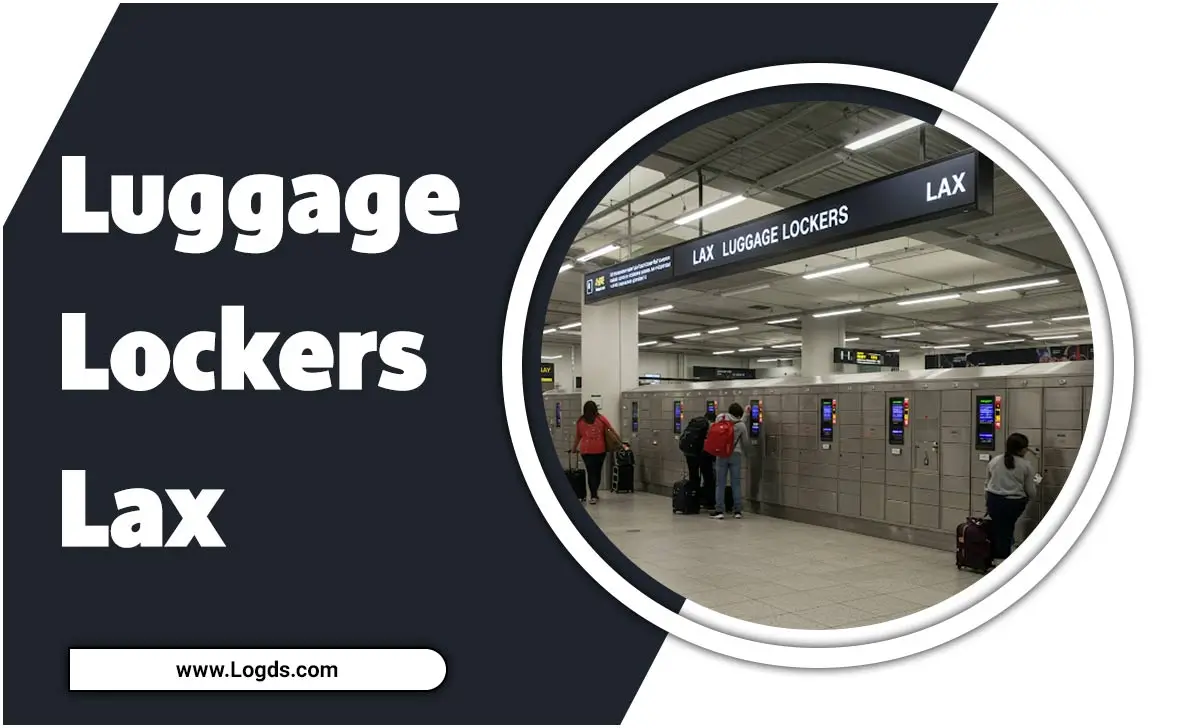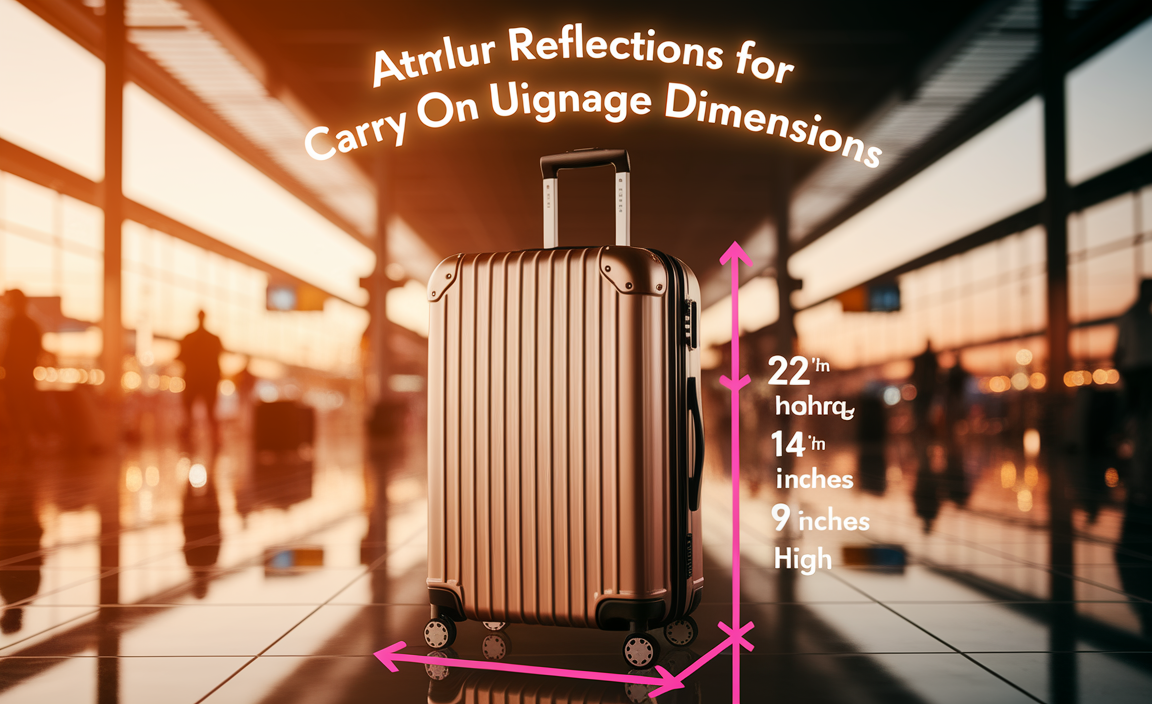A comprehensive Addis Ababa road trip base guide ensures a smooth adventure. This guide offers essential tips for planning, packing, navigating, and enjoying your journey from, to, or around Ethiopia’s vibrant capital by providing practical advice for comfort and convenience.
Embarking on an adventure from Addis Ababa promises unique experiences. However, the thought of planning a road trip, especially for the first time, can feel a bit overwhelming. From unpredictable road conditions to packing the right essentials, many questions might pop up. Worry not! This guide is designed to break down the planning process into simple, manageable steps. We’ll cover everything you need to know to make your Addis Ababa road trip base secure, comfortable, and exciting. Get ready to explore Ethiopia with confidence!
Planning Your Addis Ababa Road Trip Base
Setting up a reliable “base” for your road trip in Addis Ababa is key to ensuring a stress-free experience. This doesn’t just mean finding a place to stay; it’s about creating a hub from which you can plan, prepare, and relax between your explorations. A well-planned base minimizes last-minute scrambles and maximizes your enjoyment.
Choosing Your Accommodation Base
Your accommodation in Addis Ababa will likely serve as your starting and ending point for many day trips or as a layover between longer journeys. Consider these factors when selecting your lodging:
- Location: Look for places that offer relatively easy access to major roads heading out of the city, or are well-connected by public transport if you’re not driving your own vehicle initially. Areas like Bole, Kazanchis, or CMC offer good connectivity.
- Amenities: Ensure your chosen accommodation has secure parking if you’re bringing a car. Reliable internet is also a plus for last-minute research or staying in touch. Power backup systems are highly beneficial given occasional power outages.
- Services: Hotels or guesthouses that offer car rental services, or can recommend reliable local providers, can save you a significant amount of time and hassle. Laundry services are also a godsend on longer trips.
Essential Preparation Before You Leave
Before you even begin packing, a few preparatory steps will make your road trip foundation solid. Think of this as building your road trip command center.
- Vehicle Check: If you’re driving your own car, get it serviced. Check tires, brakes, fluids, and battery. For rentals, ensure all paperwork is in order and inspect the vehicle thoroughly for any existing damage. Learn about common Ethiopian road conditions to better anticipate needs. The U.S. Department of State provides travel advisories that can offer insights into safety considerations: U.S. Department of State – Ethiopia Travel Information.
- Route Planning: Map out your initial routes. While flexibility is great, having a general idea of your destinations and the roads you’ll take helps immensely. Use offline maps like Google Maps offline feature or Maps.me.
- Emergency Kit: Assemble a basic emergency kit. This should include jumper cables, a first-aid kit, a flashlight, basic tools, and drinking water.
- Documentation: Ensure your driver’s license, vehicle registration, insurance, and any necessary permits are up-to-date and easily accessible.
Packing Essentials for Your Journey
What you pack can significantly impact your comfort and preparedness. Moving beyond the basics, consider items that enhance your travel experience and address potential needs. For those managing incontinence, travel-friendly diaper solutions provide peace of mind and freedom to explore. Brands offering discreet and absorbent adult diapers or child diapers can make long drives or unexpected stops much more manageable.
Clothing and Personal Items
Pack smart for Ethiopia’s varied climate and activities.
- Layered Clothing: Ethiopia has diverse altitudes, leading to varying temperatures. Pack lightweight, breathable layers that you can add or remove as needed. Include a waterproof jacket for unexpected rain, especially during the rainy seasons (roughly June to September).
- Comfortable Footwear: You’ll likely do a fair bit of walking, especially if you plan to visit historical sites or natural attractions. Sturdy, comfortable walking shoes or hiking boots are recommended.
- Sun Protection: A hat, sunglasses, and sunscreen are essential, even on cloudy days.
- Insect Repellent: Particularly important if you’re traveling to rural or forested areas.
- Personal Hygiene: Beyond standard toiletries, consider a travel-size hand sanitizer, wet wipes, and perhaps a small sewing kit for quick repairs.
Health and Comfort Considerations
Prioritizing health and comfort on a road trip leads to a more enjoyable journey, especially for those with specific needs.
- Medications: Bring any prescription medications you need, plus a basic pain reliever, anti-diarrhea medication, and any personal remedies.
- First-Aid Kit: A well-stocked kit is crucial. Include bandages, antiseptic wipes, gauze, tape, pain relievers, and any personal items like blister treatment.
- Motion Sickness Remedies: If you or your travel companions are prone to motion sickness, pack appropriate medication or bands, especially for winding roads.
- Diaper Solutions: For parents traveling with children, carrying a sufficient supply of child diapers and wipes is non-negotiable. For adults who use adult diapers, packing discreet, highly absorbent products ensures confidence and freedom to travel without constant worry. Look for products designed for extended wear or overnight protection if you anticipate long stretches without easy access to facilities. Brands that focus on odor control and skin health are also beneficial for extended travel. Searching online for “best adult diapers for travel” or “child diapers for road trips” can yield helpful product reviews and options.
Documents and Money
Keep these organized and accessible.
- Identification: Passport and any necessary visas or permits.
- Driver’s License: Your valid driver’s license.
- Vehicle Documents: Registration, insurance, and rental agreements.
- Cash: While cards are accepted in larger establishments, cash (Ethiopian Birr) is essential for smaller vendors, markets, and unofficial stops. Inform your bank of your travel plans to avoid card issues.
- Emergency Contacts: A list of important phone numbers.
Navigating Ethiopia by Road
Driving in Ethiopia, especially around Addis Ababa and on inter-city roads, presents unique challenges and rewards. Understanding what to expect can greatly ease your journey.
Understanding Road Conditions
Road quality can vary dramatically. Major highways have seen significant improvements, but secondary roads can be unpaved, bumpy, and rough. Expect:
- Variable Pavement: Some main roads are paved and well-maintained, while others can be undergoing construction or might be in disrepair.
- Unpredictable Obstacles: You might encounter livestock on the road, pedestrians, cyclists, and unusual traffic, including donkey carts. Potholes are common.
- Driving Styles: Be prepared for assertive driving. Defensive driving is essential.
- Signage: Road signage can be sparse or in Amharic. Having a good GPS and offline maps is highly recommended.
The World Bank has supported significant investments in Ethiopia’s road infrastructure, aiming to improve connectivity and reduce travel times. While improvements are ongoing, current conditions should always be a consideration.
Fuel and Maintenance
- Fuel Availability: Fuel stations are generally available in towns and along major routes, but can be sparse in remote areas. It’s wise to fill up whenever you have the opportunity, especially before heading into less populated regions.
- Vehicle Maintenance: If you’re on a longer trip, consider carrying basic spare parts like a spare tire, oil, and coolant. Knowing a few basic maintenance checks can also be very helpful.
Driving Tips for Addis and Beyond
- Addis Ababa Traffic: Traffic in Addis can be chaotic. Be patient, stay alert, and observe local driving habits. Horns are used frequently as a way of communication rather than aggression.
- Speed Limits: Pay attention to speed limits, though they are not always strictly enforced. Driving slower than local traffic can sometimes be safer.
- Night Driving: It is generally advisable to avoid night driving, especially on unfamiliar roads, due to poor lighting, unlit vehicles, and potential obstacles.
- Navigation: Always have a reliable GPS or navigation app with offline maps loaded. Ask locals for directions when unsure; they are often very helpful.
Food and Drink On the Go
Staying hydrated and nourished is critical for a good road trip. Ethiopia offers incredible culinary experiences, but for the road, preparedness is key.
Staying Hydrated
- Bottled Water: Always carry plenty of bottled water, especially when venturing outside major towns. Ensure bottles are sealed before purchase.
- Alternatives: If bottled water isn’t available, consider water purification tablets or a portable water filter for emergencies.
Roadside Food Options
While tempting, be cautious with food purchased from small, informal roadside stalls. Stick to places that appear clean and have high customer turnover. If you prefer to play it safe:
- Pack Snacks: Bring non-perishable snacks like nuts, dried fruit, granola bars, and crackers.
- Prepare Meals: If you have a cooler, you can pack sandwiches, salads, or pre-cooked meals.
- Local Delicacies: When you stop in towns, explore local restaurants for iconic Ethiopian dishes like injera with various stews (wots), or simple fares like grilled meats (tibs).
Safety and Emergencies
Preparedness is your best tool for navigating potential safety concerns and emergencies.
Emergency Contacts and Procedures
Know who to call:
- Local Police: Dial 991.
- Ambulance/Medical Emergency: Dial 997.
- Your Embassy or Consulate: Keep their contact details handy.
- Roadside Assistance: If you have a rental, know their emergency number.
Tips for Peace of Mind
- Inform Someone: Let a friend or family member know your travel itinerary and expected return times. Check in regularly.
- Secure Your Vehicle: Always lock your car, even if you’re just stepping away for a moment. Don’t leave valuables in plain sight.
- Be Aware of Surroundings: particularly in crowded areas or when stopped.
- Trust Your Instincts: If a situation feels unsafe, remove yourself from it.
A table summarizing important contacts and what they are for:
| Emergency Type | Contact Number | Notes |
|---|---|---|
| Police | 991 | For general police assistance. |
| Medical Emergency | 997 | For ambulance and hospital emergencies. |
| Fire Service | 992 | For fire-related emergencies. |
| Your Embassy/Consulate | (Varies) | Crucial for citizens of foreign countries. |
Adding Comfort and Convenience for All Travelers
Road trips are about enjoyment, and comfort shouldn’t be a luxury; it’s a necessity, especially for longer journeys or when traveling with children or adults who require specific care. Ensuring everyone’s needs are met, from simple amenities to specialized products, makes a world of difference.
Traveling with Children
Children have unique needs that require careful planning for a road trip.
- Entertainment: Bring books, games, tablets with downloaded movies, and travel-friendly toys to keep them occupied.
- Snacks and Drinks: Pack a variety of popular snacks and drinks they enjoy. A small cooler bag is a great investment.
- Comfort Items: Favorite blankets, pillows, or stuffed animals can make a big difference in helping them rest.
- Child Diapers and Wipes: Make sure you have an ample supply. It’s often better to pack more than you think you’ll need, especially if you’re unsure about availability in remote areas. Consider a travel diaper changing pad for hygiene on the go.
Adult Needs and Travel Diapers
For adults who use incontinence products, travel can sometimes introduce anxieties. Modern adult diapers are designed to be discreet, comfortable, and highly absorbent, offering freedom and confidence for travelers.
- Discretion and Comfort: Look for products with a slim fit and soft materials that don’t rustle or feel bulky under clothing.
- Absorbency: Choose products with a high level of absorbency suitable for extended wear, whether for long driving stretches or overnight stays.
- Odor Control: This is a key feature for maintaining confidence and comfort during travel.
- Skin Health: Products with breathable materials and skin-protecting features can prevent irritation, which is especially important when sitting for long periods.
- Packing Strategies: Pack enough supplies in your carry-on or accessible bag in case your main luggage is delayed. Consider smaller, individually wrapped packs for convenience.
Exploring options like pull-on style briefs or tab-style briefs based on personal preference and specific needs can ensure you feel secure and comfortable throughout your road trip. Researching brands known for their reliability and comfort, such as those offering specialized travel lines, can be very beneficial.
Essential Accessories for Comfort
Small items can make a big impact on your overall trip experience.
- Travel Pillow: Essential for napping on the go.
- Blanket: Useful for cooler temperatures or added comfort.
- Reusable Water Bottle: Stay hydrated and reduce waste.
- Portable Charger: Keep your devices powered up.
- Trash Bags: For keeping your vehicle tidy.
- Wet Wipes & Hand Sanitizer: Always useful for quick clean-ups.
Frequently Asked Questions
Why is a base important for an Addis Ababa road trip?
A base in Addis Ababa serves as your secure starting point, a place to rest and resupply between excursions, and a hub for planning. It minimizes stress by having familiar accommodations and easy access to city resources before heading out onto potentially more challenging roads.
What are the main challenges of driving in Ethiopia?
Challenges include variable road conditions (paved to unpaved), unpredictable obstacles like livestock and pedestrians, assertive driving styles, and sometimes insufficient or unclear signage. Defensive driving and good navigation are crucial.
How can I ensure comfort on long drives, especially for children or adults with incontinence?
For children, entertainment and familiar comfort items are key. For adults using incontinence products, choosing discreet, highly absorbent, and odor-controlling adult diapers is vital. Always pack sufficient supplies for all family members, including child diapers and adult diapers, and consider travel-friendly snacks and hydration.






